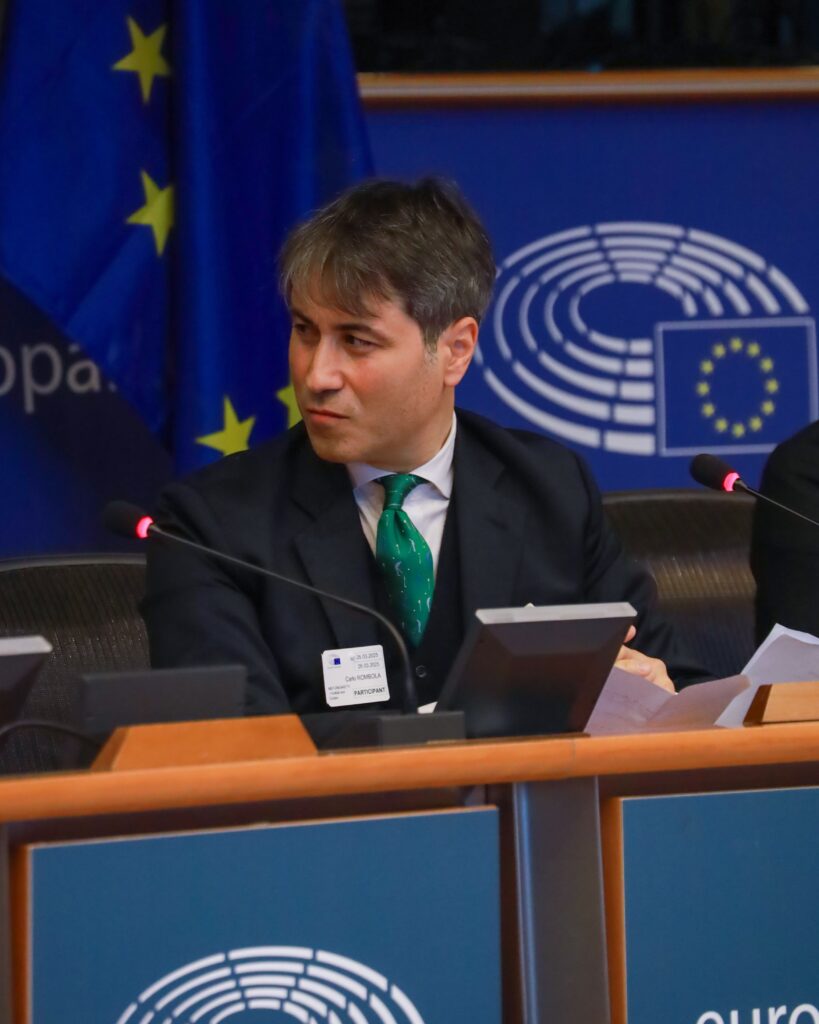
Boycotts and Sporting Sanctions: The Rules of International Sports Law
Article written by Carlo Rombolà
“If a match cannot take place or cannot be played in full for reasons other than force majeure, but due to the behaviour of a team or behaviour for which an association or a club is liable, the association or the club will be sanctioned with a minimum fine of CHF 10,000. The match will either be forfeited or replayed. Additional disciplinary measures may be imposed.”
— FIFA Disciplinary Code, Art. 16 — Unplayed Matches and Abandonment

The reference to Article 16 of the FIFA Disciplinary Code is crucial to understanding the legal framework within which every national federation operates.
The rule establishes that if a match does not take place or cannot be completed for reasons attributable to a team or a federation, responsibility is direct and entails a minimum fine of CHF 10,000, in addition to forfeiture of the match or its replay, and the possible application of additional disciplinary measures.
In practical terms, this means that a voluntary boycott or failure to appear on the field for political, moral, or symbolic reasons — however legitimate they may appear from an ethical standpoint — would constitute a formal disciplinary violation.
The consequences would be immediate and automatic: forfeit defeat, financial penalties, and, in the most serious cases, additional sanctions such as temporary exclusion from competitions or suspension of the federation concerned.
The FIFA system is founded on the principle of the strict (objective) liability of affiliated federations, which are responsible not only for the actions of their registered players and representatives but also for any behavior that prevents the regular conduct of an official competition.
Such responsibility is independent of the motive that led to the match not being played: political, ethical, or moral considerations do not fall within the list of justifications admitted by the regulations.
Force majeure — such as natural events, disasters, or public safety emergencies — represents the only recognized exception that can exclude the fault of a team or federation.
In all other cases, the failure to play a match is automatically qualified as culpable conduct, subject to sanctions under Article 16.
Alongside the FIFA Disciplinary Code, UEFA regulations also reaffirm the non-derogable obligation to participate in official matches according to the approved schedule.
Article 27 of the UEFA Disciplinary Regulations provides that if a team “refuses to play or refuses to continue a match,” the disciplinary body shall declare the match forfeited (0–3) and may impose additional sanctions, including suspension from future competitions.
The coordinated application of FIFA and UEFA rules serves to ensure the certainty and consistency of international sports law, preventing unilateral or politically motivated decisions by individual federations from undermining the integrity of competitions.
In this sense, the principle of sporting neutrality is not merely an ethical value but a legal safeguard: affiliated federations must act independently of external pressures and in compliance with common regulations.
In international sports law, the duty to play official matches constitutes a systemic obligation.
Its violation is not only a disciplinary offense but also a threat to competitive balance and the credibility of the global sporting order.
FIFA, as a supranational entity, protects this principle in order to preserve equality among federations and the certainty of sporting outcomes, which are essential elements of the legitimacy of professional football itself.
Therefore, even when extra-sporting motivations appear to justify a refusal to play, international sports law imposes a clear limit: decisions must be made by the competent governing bodies, such as the FIFA Disciplinary Committee or the UEFA Executive Committee, which are the only authorities empowered to order suspensions or exemptions in exceptional cases.
In light of the regulatory framework, sporting boycotts cannot be interpreted as acts of free expression, but rather as violations of the regulatory obligation to participate.
Only an official decision by FIFA or UEFA can legitimize the non-dispute of an international match without disciplinary consequences.
In the absence of such a measure, failure to appear on the field constitutes, in every respect, a sporting offense, punishable by forfeit, fines, and additional measures.
It is a strict rule, but one that is necessary to preserve the coherence and autonomy of international sports law from any political or ideological interference.



